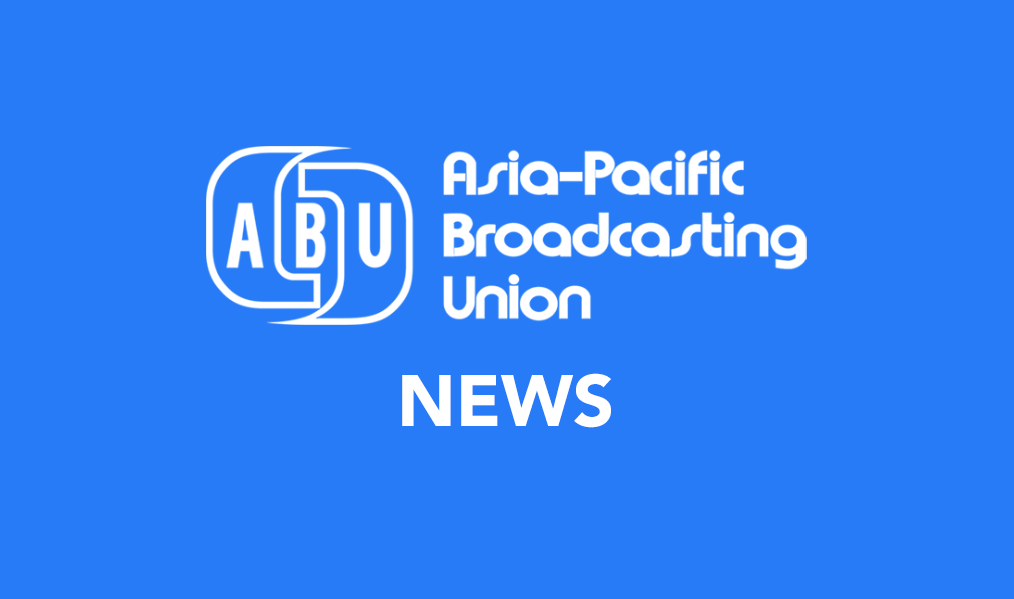
DBS Workshop tackles practical issues in digital transition
 An ABU-ITU-AIBD regional workshop on the implementation of digital broadcasting technology attracted 180 delegates from around the Asia Pacific to Malaysia.
An ABU-ITU-AIBD regional workshop on the implementation of digital broadcasting technology attracted 180 delegates from around the Asia Pacific to Malaysia.
The Workshop on Digital Broadcasting Implementation in Kuala Lumpur brought together a variety of stakeholders in the digitalisation process from regulators and frequency planners to technology manufacturers and broadcasters, offering a comprehensive package for those wanting practical advice on how to proceed.
The ABU’s Technology Director Sharad Sadhu said the workshop partners had done a lot of work in trialling digital technology as well as capacity building with their members in the region, including helping them to map out their own requirements for digital conversion, financial planning, technology, management and government planning.
“Now we must implement,” he said. “This workshop provides that focus – it looks at what you need to decide on now and how to actually proceed.”
He said the ABU in particular has been working with its members since 1999 in analysing the issues, producing road maps, expert analysis and working with chief executives and director-generals, not only to promote but also to facilitate digital conversion.
He said this workshop focused on the main issues such as frequency planning, spectrum management, digital broadcast technologies and alternative delivery methods as well as sharing case studies and experiences of digital migration from the region.
The workshop was organised by the International Telecommunication Union with the ABU and the Asia-Pacific Institute for Broadcasting Development. In his opening address, the ITU’s Senior Telecommunication Engineer István Bozsóki said most countries were enthusiastic about the potential of digital, yet they also faced the problem of legacy technologies and regulatory challenges, which could hinder their transition.
“Managing the legacy is the key to the success of transition in my experience,” he said.
“As we enter a new broadcasting age, we must establish new best practice principles and actively foster regional and global harmonization of technical, regulatory and economic issues. The ITU seeks to promote a stronger, and more proactive and collaborative approach to resolving these challenges.”

